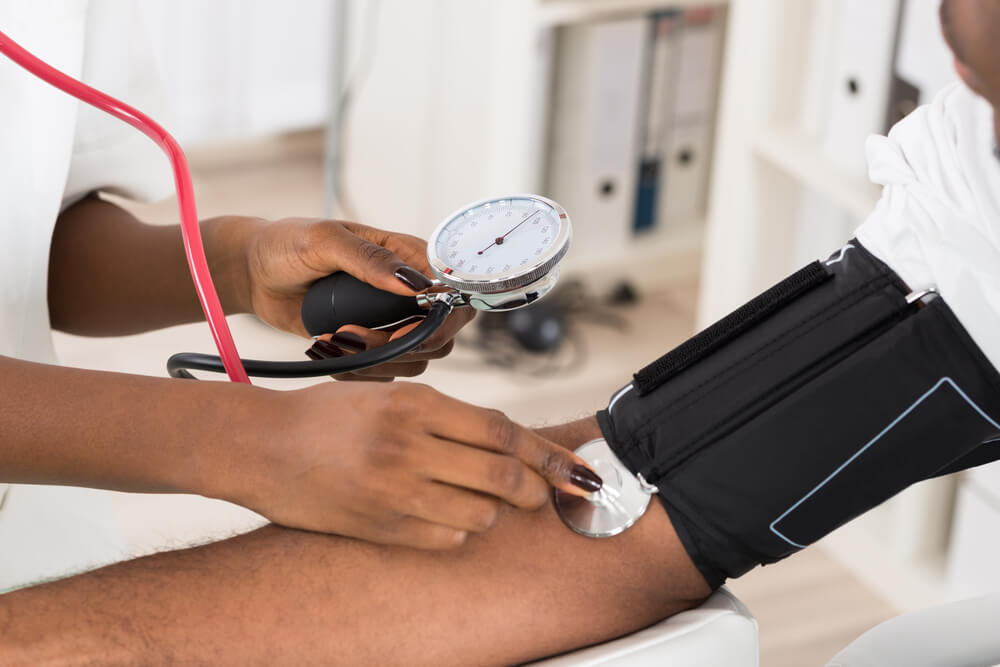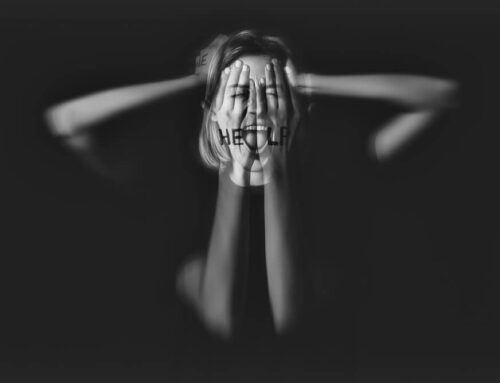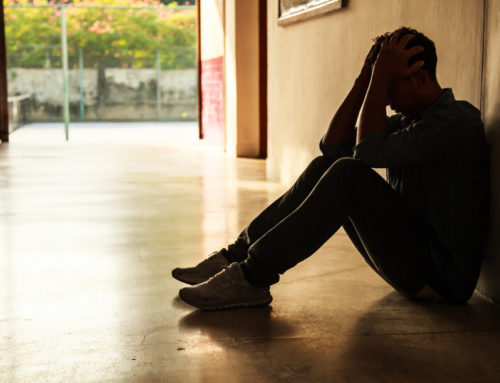The APA, or the American Psychological Association, defines anxiety as overwhelming feelings of tension and worry. The condition may also trigger specific physical symptoms like increased sweating and heart rate. Apart from this, anxiety may also increase blood pressure. On the other hand, experts have also found that hypertension or chronically high blood pressure may also trigger anxiety-like symptoms in some people.
To learn more about hypertension and anxiety, our specialists from our internal medicine clinic in Hialeah and Dr. Ivan Carreras have prepared this blog article, so readers can find out how to break this vicious cycle and ease the symptoms of both conditions.
Can Anxiety Cause High Blood Pressure?
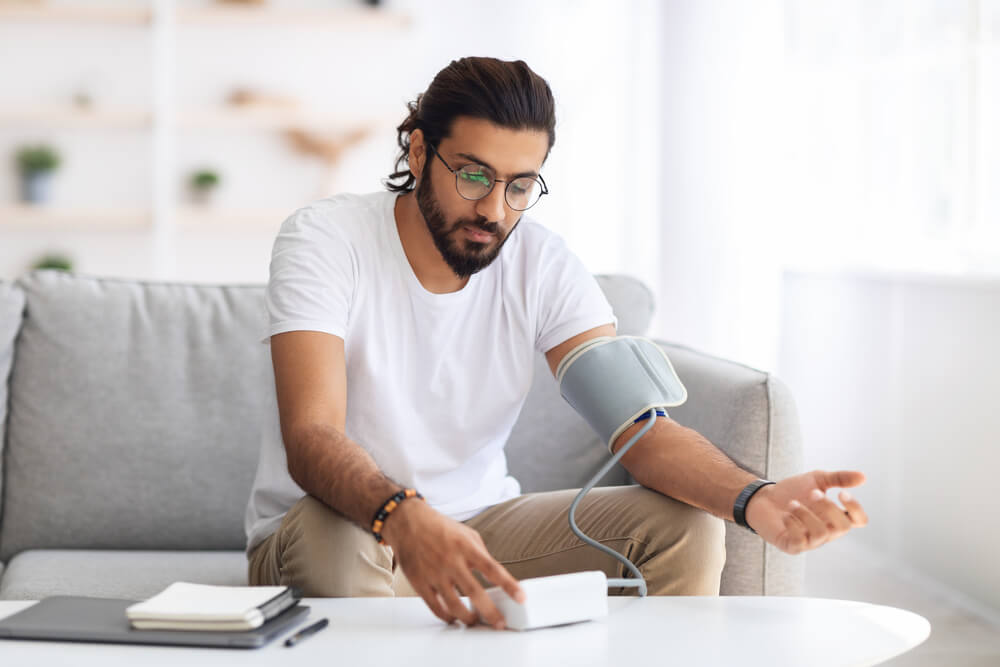
Anxiety is a natural bodily stress response. People may have feelings of anxiety before receiving important news, before a test, and so on. It’s triggered by the body’s stress hormones, which increase the heart rate and narrow the blood vessels. Needless to say, both of these changes may increase blood pressure as well.
According to scientific data, people who have intense anxiety may also have a higher risk of developing high blood pressure. On the other hand, the research concluded that addressing anxiety in people with high blood pressure is also highly important.
Mostly, high blood pressure induced by anxiety will be temporary and subside once the stressors go away. In cases of constantly high anxiety levels, patients risk damaging their blood vessels, kidneys, and heart the same way people who have long-term hypertension.
Also, in the long run, the hormones that are triggered by stress can lead to increased fat deposits, specifically around the abdominal area, and long-term anxiety may also induce particular behavior changes, such as stress-eating, which may contribute to an already serious issue.
The Effects of Anxiety and Stress
As mentioned above, anxiety is a natural stress response. Stress releases hormones like cortisol and epinephrine, which trigger a fight-or-flight response, preparing the body to face or flee the perceived dangerous situation.
This response also triggers:
- Increased heart rate
- Increase blood pressure
- Increased muscular strength
Once the stress is over, the body’s systems return to normal. Still, those people who have to deal with long-term stress may develop the following health problems:
- Lack of sleep
- Diarrhea
- Stomach pain
- Weight gain
- Weakened immune system
- Fatigue
- Depression
- Increase fat concentration in the blood
- Memory problems
- Inability to make decisions
High Blood Pressure: Can It Trigger Anxiety?
On the other hand, hypertension may trigger anxiety-like feelings in people. Most often, these patients will worry about their future and health. Also, in some cases, people may experience panic attacks with high blood pressure as a symptom. Apart from these panic attacks, high blood pressure may also produce the following symptoms:
- Headaches
- Irregular heart rhythm
- Ear buzzing
- Vision changes
Still, it’s important to note that hypertension usually does not cause any symptoms; that said, it’s essential to visit a doctor to check your blood pressure regularly and set up a consultation if you are experiencing any symptoms.
Low Blood Pressure and Anxiety
Currently, no evidence suggests that anxiety may also lower blood pressure in people. However, having chronically low blood pressure may trigger worry and anxiety in some people.
To make matters even more overwhelming, most symptoms associated with low blood pressure are strikingly similar to those of anxiety:
- Nausea
- Fainting
- Dizziness
- Difficulty concentrating
- Lightheadedness
Is It Anxiety or Changes in Blood Pressure?
As mentioned above, symptoms resembling anxiety can be observed in individuals with low blood pressure. If someone is uncertain about the origin of their symptoms, whether they are related to anxiety or low blood pressure, it is essential to consult a doctor.
Moreover, individuals experiencing severe or recurring symptoms of either condition should promptly seek medical attention. A doctor will be able to accurately diagnose the root cause of the symptoms and recommend any required treatments. Seeking professional medical advice is crucial to ensure appropriate management and well-being.
Anxiety Treatments
Fortunately, there are several treatments that can effectively address anxiety, but it’s important to note that some patients may need a combination of these therapies. #
Medication
There are several medicines that relieve anxiety-related symptoms. However, different compounds will work for different people. The most widespread options are the following:
- Antidepressants
- Buspirone
- Beta-blockers
- Benzodiazepines
Lifestyle Changes
People can make specific lifestyle changes to lower their anxiety levels. For instance, the NAMI, or National Alliance on Mental Illness, recommends the following approaches:
- Practicing mindfulness
- Introducing regular exercise
- Eating a more balanced diet
- Avoiding drugs and alcohol
- Learning new skills
- Getting high-quality sleep regularly
- Setting specific goals and rewards
- Making an effort to reduce negative thoughts
- Creating a strong support system and maintaining it
Psychotherapy
Working with an expert may also help manage and/or reduce anxiety. CBT, or cognitive behavioral therapy, is seen as one of the most effective approaches to tackling anxiety.
CBT helps people to alter their thinking patterns, reducing worrisome and anxious thoughts. People first learn different techniques to manage their anxiety and expose themselves to trigger situations eventually. This helps people overcome their anxiety in these situations.
High Blood Pressure Treatments
People with high blood pressure may receive individualized treatment plans involving medications, lifestyle changes, or both.
Medication
There are quite a few compounds out there that can address hypertension:
- ACE, or angiotensin-converting enzyme inhibitors
- ARBs or angiotensin II receptor blockers
- Diuretics
- Beta-blockers
- Calcium channel blockers
The medication type patients will get will depend on several factors, including the severity of their high blood pressure and general health. On that note, some people may need more than one compound to keep their blood pressure within normal ranges.
Lifestyle Changes
Several lifestyle changes may also help people lower their blood pressure, including:
- Reducing salt intake
- Limiting or avoiding alcohol
- Regular exercise
- Eating a heart-healthy diet
- Quitting smoking
- Managing stress
- Getting quality sleep
- Maintaining a healthy weight
Getting Help When Things Seem Out Of Control
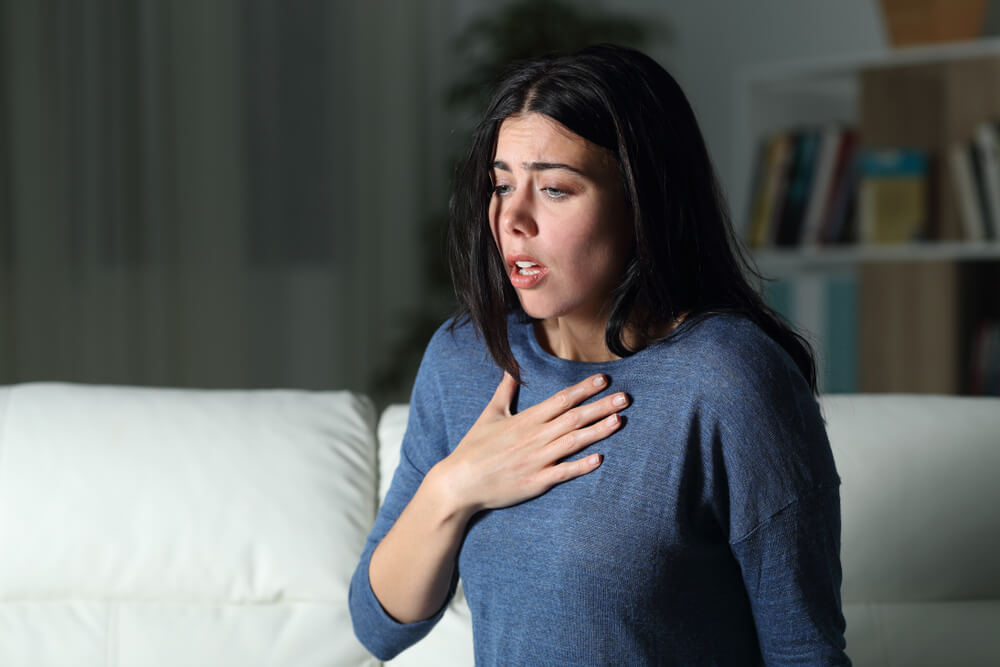
If you think that you may be dealing with hypertension, anxiety, or both, you must speak with your healthcare provider. Those who are experiencing severe symptoms should seek medical help immediately, as their condition may indicate a medical emergency.
The symptoms to look out for are usually the following:
- Nausea
- Fatigue
- Confusion
- Chest pain
- Vomiting
- Shortness of breath
- Muscle tremors
- Back pain
- Experiencing speaking difficulties
- Weakness or numbness
On the other hand, both of these conditions are treatable. Also, those who experience frequent anxiety won’t necessarily develop high blood pressure.
Still, seeking timely help right after you realize something isn’t quite right can significantly improve the outcome for either condition and greatly reduce any complication risks.
That said, even if you have been just experiencing short episodes of anxiety lately, don’t hesitate to reach out to an expert. You may also schedule an appointment with us. As trained professionals, we can lend you a helping hand and may help you find relief from your anxiety before it becomes something you deal with every day.

